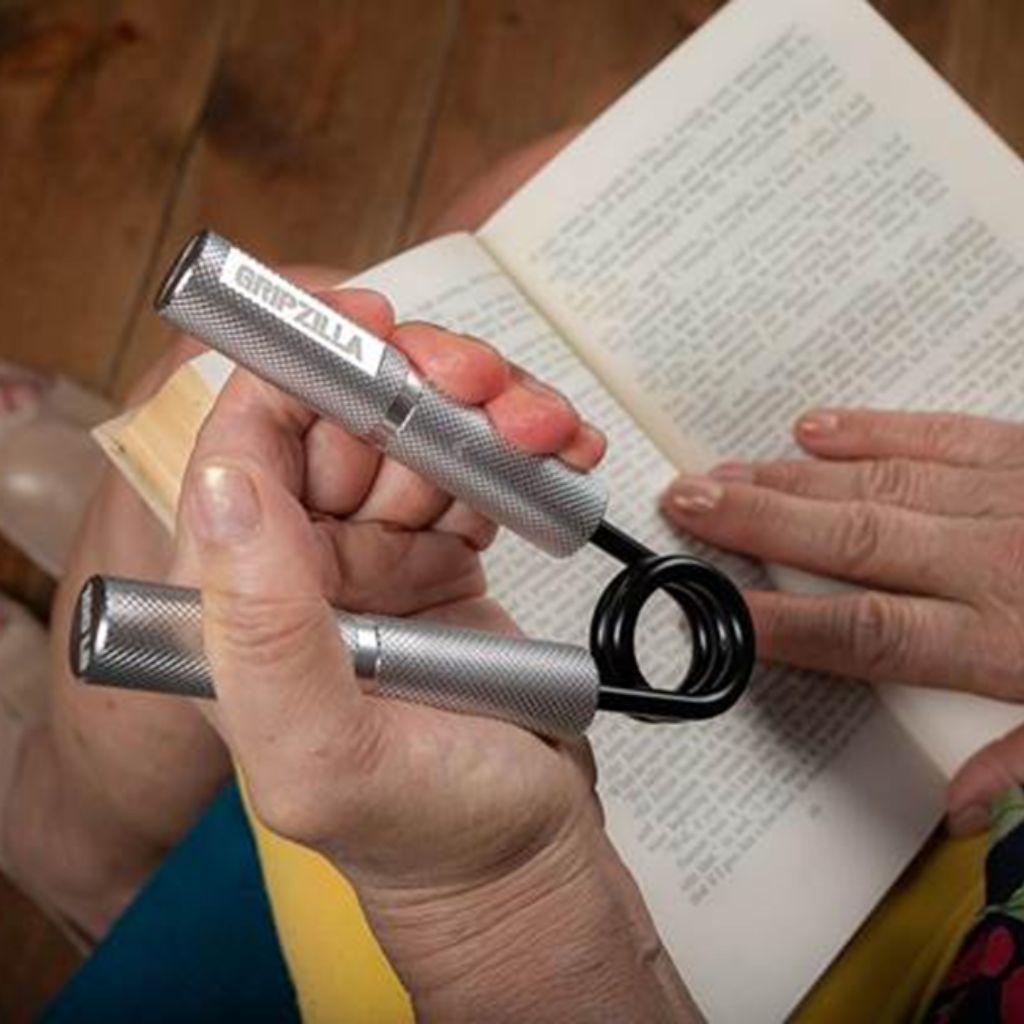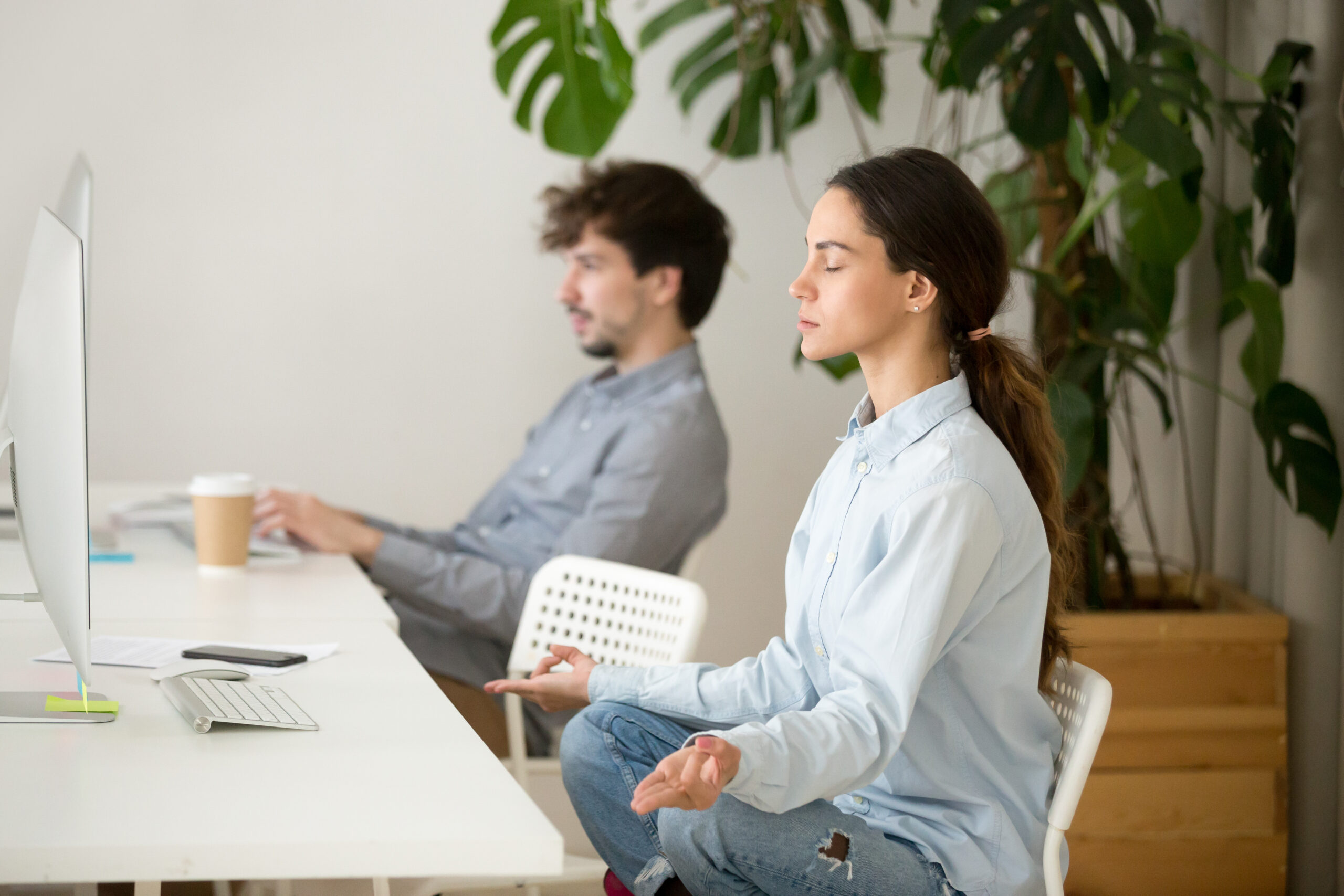Let’s be honest, stress is everywhere. Whether it’s meeting deadlines, handling responsibilities, or just trying to keep up with daily life, it’s easy to feel overwhelmed.
The tricky part? You can’t always control what causes stress, but you can control how you respond to it.
The good news is that managing stress doesn’t have to be complicated. You don’t need fancy tools or long meditation retreats.
Sometimes, small changes in your daily routine can make a big difference.
Here are some simple, practical, and easy stress management techniques you can use anytime (at home, at work, or wherever life takes you).
Healthy Stress Management Techniques
Here are some quick stress management tips for busy people:
1. Take Deep Breaths and Slow Down
Whenever stress starts creeping in, stop for a second and just breathe. It might sound too simple, but deep breathing is one of the fastest ways to calm your mind.
Breathe in slowly through your nose for four seconds, hold it for four seconds, then exhale through your mouth for four seconds.
This small routine lowers your heart rate, eases tension, and tells your body, “Hey, it’s okay, we’ve got this.” You can do it while sitting at your desk, before a big meeting, or even while waiting in traffic.
The more you practice it, the easier it becomes to keep stress in check.
2. Use Hand Grippers to Release Tension

Sometimes, the best way to relax your mind is to move your body, even if it’s just your hands.
Squeezing hand grippers can be surprisingly calming. They give your hands something to do, help you release physical tension, and boost your focus.
You can keep one on your desk and use it whenever stress builds up. Just a few squeezes can help release that stress you feel when things get overwhelming.
Plus, it strengthens your grip and forearms (a bonus benefit while you de-stress).
It’s an easy, no-effort way to manage stress at home or during a work break.
3. Move More, Even for a Few Minutes
You don’t need a full workout session to feel better. A short walk, some stretching, or even standing up every hour can do wonders for your mind.
When you move, your body releases endorphins, those natural “feel-good” hormones that instantly lift your mood.
Try rolling your shoulders, stretching your arms, or taking a quick lap around the office. These small movement breaks refresh your body and clear your head. Think of it as a quick reset button for your day.
4. Try Mindfulness to Quiet Your Thoughts

Stress often comes from thinking too much, about the past, the future, or everything at once.
Mindfulness helps you bring your focus back to the now. It’s about noticing your thoughts without letting them control you.
Find a quiet spot, close your eyes, and pay attention to your breathing. Don’t try to push thoughts away, rather let them come and go. Apps, calming sounds, or soft background music can make it easier if you’re new to it.
Practicing mindfulness for even five minutes a day can help you feel calmer, clearer, and more in control.
5. Organize Your Day
A messy to-do list often leads to a messy mind. When everything feels urgent, stress naturally kicks in.
Take a few minutes in the morning to list what needs to be done and prioritize the top three things that actually matter.
Finish one thing before jumping to the next. Multitasking might sound productive, but it often increases stress and reduces focus.
Stay organized, and you’ll notice your day feels lighter and more manageable.
6. Make Your Space a Calm Zone
Your environment has a huge effect on how you feel. A cluttered desk or noisy space can quietly drain your energy.
Try to keep your workspace tidy and add small touches that make you feel good like a plant, a small lamp, or a favorite photo.
At home, create a cozy space where you can unwind. Light a candle, play soft music, or use calming scents like lavender.
The goal is to make your surroundings peaceful enough to help your mind relax naturally.
7. Talk It Out

Sometimes, you just need to let it out. Talking to someone you trust (a friend, family member, or coworker) can lighten your emotional load.
It’s not always about getting advice; it’s about knowing someone hears you.
Social connection is one of the best natural ways to manage stress. Even a short conversation can change how you feel.
So, don’t bottle things up, share them. You’ll be surprised how quickly your mood improves.
8. Prioritize Sleep and Eat Well
Your body and mind can’t handle stress if they’re tired or undernourished. Sleep and food are your foundations for balance.
Aim for seven to eight hours of good sleep and stick to a bedtime routine that helps you unwind.
Also, pay attention to what you eat. Too much caffeine or processed food can raise stress levels.
Go for meals rich in whole grains, veggies, and water. When your body feels good, your mind follows.
9. Be Kind to Yourself
You don’t need to handle everything perfectly, and that’s okay. Stress often gets worse when we’re too hard on ourselves. Practice self-compassion.
If something doesn’t go as planned, remind yourself you’re doing your best.
Talk to yourself like you would to a good friend. A kind inner voice goes a long way in helping you stay calm and strong.
Final Thoughts
You can’t always avoid stress, but you can learn to manage it better. Start small, take a few deep breaths, go for a walk, or grab your hand grippers when things get tight.
Each of these simple actions helps release pressure and refocus your energy where it matters.
Stress management isn’t about perfection; it’s about progress.
The more you practice these small techniques, the more balanced, focused, and confident you’ll feel, at home, at work, and everywhere in between.
DISCLAIMER: The Site cannot and does not contain medical / health advice. The medical / health information is provided for general informational and educational purposes only and is not a substitute for professional advice. Accordingly, before seeking any form of medical advice, diagnoses or treatment based upon such information, we encourage you to consult with your GP or other qualified health practitioner. You must never disregard professional medical advice or delay in seeking it because of something mentioned on this Site. The use or reliance of any information contained on the Site is solely at your own risk.



